To access this page, you will need to log in or become a member.
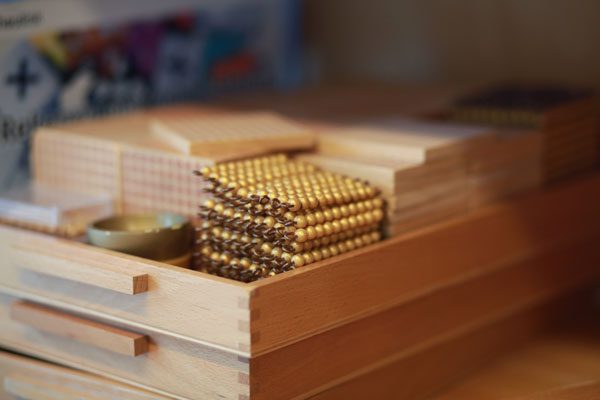
by Tim Seldin | Mathematics, MFA, TC February 2023
To continue reading, you will need to choose a subscription plan.
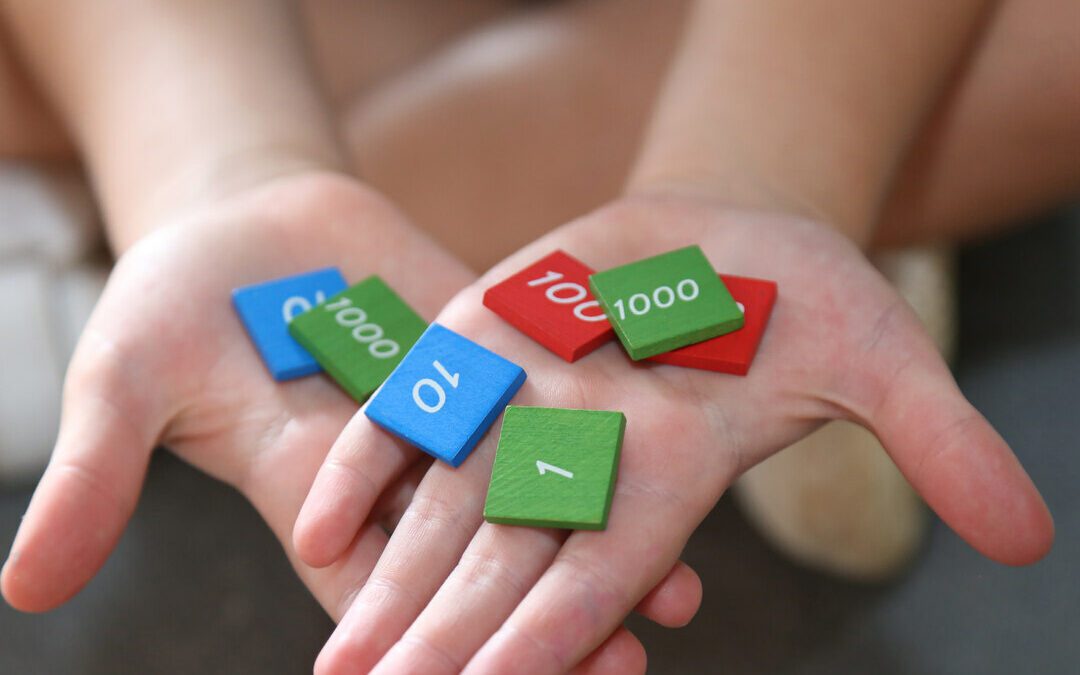
by Cheryl Allen | Mathematics, MFA, Montessori Education, TC May 2022, Tomorrow's Child
To continue reading, you will need to choose a subscription plan.
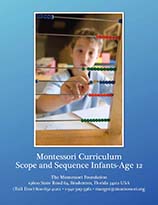
by The Montessori Foundation Staff | Infant, Infant-Toddler (0 to 3), Lower Elementary (6-9), Mathematics, Montessori Curriculum, Montessori Education, Montessori Teachers, Practical Life, Primary (3-6), School Leadership, Science, Sensitive Periods, Sensorial, Upper Elementary (9-12)
To continue reading, you will need to choose a subscription plan.

by Sharon Caldwell | Mathematics, Montessori Education, Online Learning
This is a first step to begin to identify good resources for online learning in Montessori settings. Digital technology must not be thought of as something which replaces the conventional materials and modes of interaction, but as something that enhances the possibilities of exploring and enhancing exploration of the learning generated by Montessori “keys”. I […]
To continue reading, you will need to choose a subscription plan.
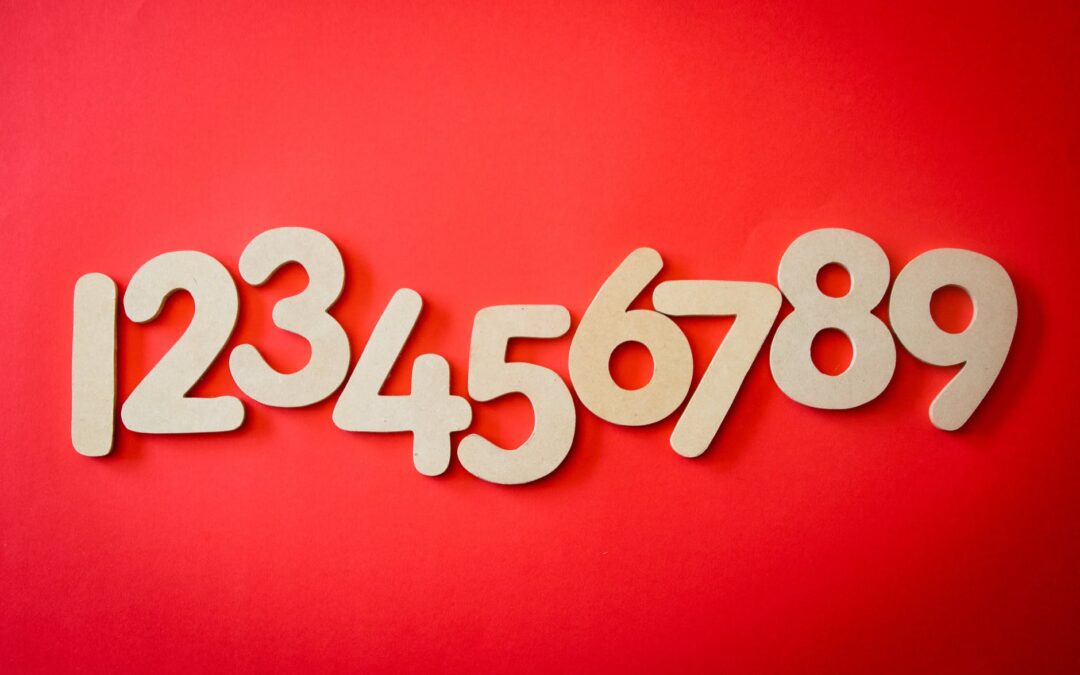
by Tim Seldin | Adolescence, Early Adolescence (12-15), Later Adolescence (15-18), Lower Elementary (6-9), Mathematics, MFA, Montessori Education, Montessori Materials, Montessori Teachers, Primary (3-6), Upper Elementary (9-12)
The Challenge of Mathematics We use mathematics in almost every aspect of our everyday lives. As Dr. Montessori would often point out, much of our civilization is based upon mathematics. Science and technology depends upon mathematical calculations. Computers are totally mathematical devices. Businesses, research, and governmental agencies all rely upon the collection and interpretation of […]
To continue reading, you will need to choose a subscription plan.
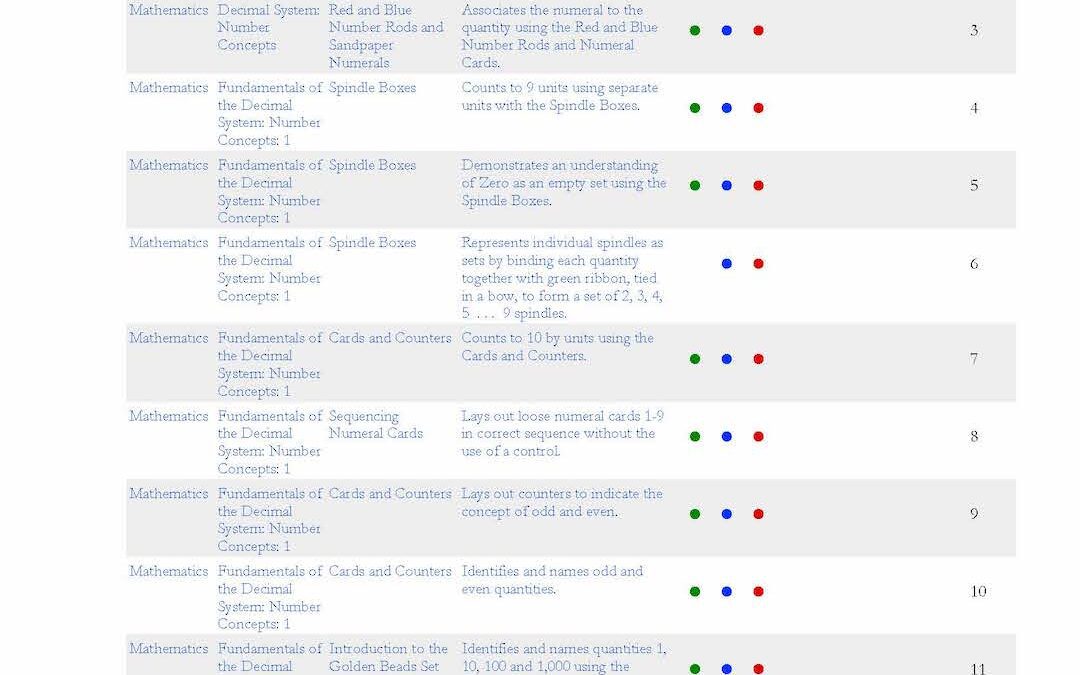
by The Montessori Foundation Staff | Brain Development, Lower Elementary (6-9), Mathematics, Montessori Curriculum, Montessori Education, Montessori Teachers, Primary (3-6), School Leadership, Upper Elementary (9-12)
To continue reading, you will need to choose a subscription plan.

by Lorna McGrath | Brain Development, Family Resources, Language & Reading, Mathematics, Montessori Parenting, Reading, Webinars / MFA
To continue reading, you will need to choose a subscription plan.

by Christoph Simon, Ph.D & Christine M. A. Lapierre, Ph.D. | Mathematics, MFA, Science
Christoph: I am a physics professor, so I was naturally interested in trying to teach science and math to my twin boys as early as possible. My wife has a PhD in physics, too, so she shared this interest. I didn’t just want to transmit content knowledge, although that is definitely important to me, but […]
To continue reading, you will need to choose a subscription plan.
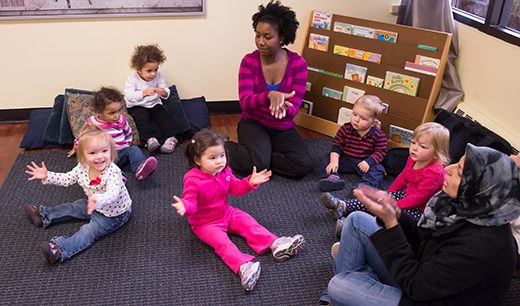
by Punum Bhatia Ph.D | Maria Montessori, Mathematics, Montessori Education, Montessori students, Planes of Development, Primary (3-6), Sensitive Periods, Sensorial, The International Montessori Council
The first essential for the child’s development is concentration. It lays the whole basis for his character and social behavior” Dr. Maria Montessori (1870-1952) believed that children have an inner directive for their optimum self-construction and that concentration was the key to their natural development. This was perhaps one of her major contributions to the […]
To continue reading, you will need to choose a subscription plan.
by Cheryl McCabe-Allen | Book Reviews, Kindergarten, Lower Elementary (6-9), Mathematics, MFA, Montessori Family Life, Upper Elementary (9-12), Webinars / MFA
In this session, “Math Without Workbooks,” Cheryl Allen shares many opportunities for practicing math which are right there in front of us in our everyday lives if we just take advantage of them. Hands-on experiences help children internalize concepts that might otherwise seem difficult to understand or unimportant to them. In addition to great ideas […]
To continue reading, you will need to choose a subscription plan.
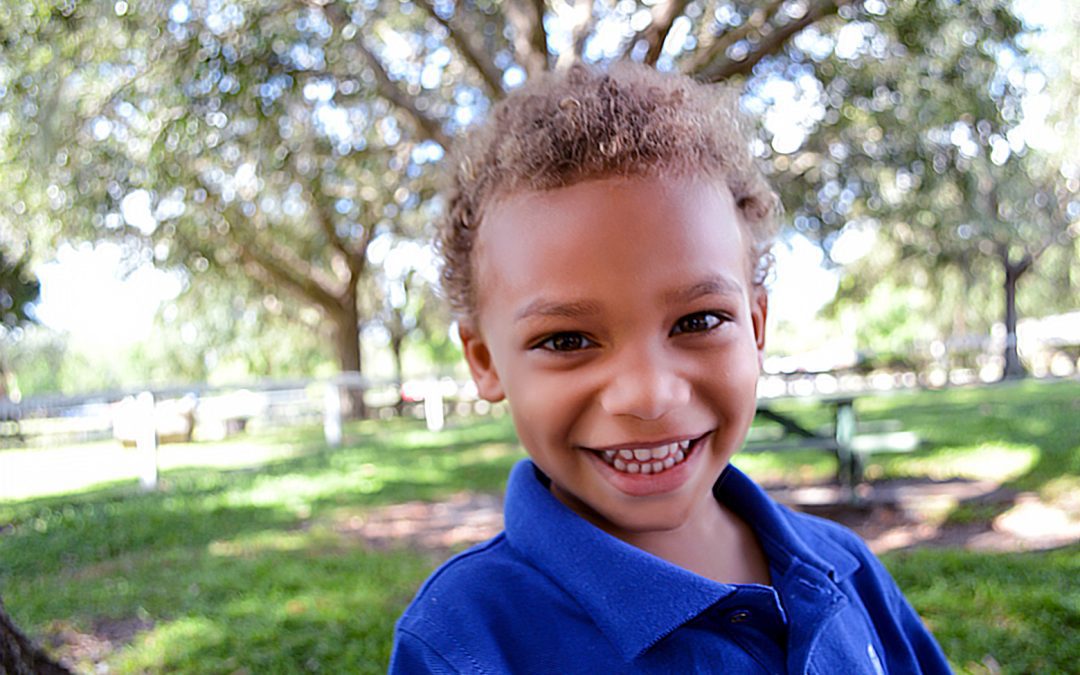
by Natalie Baginski | Kindergarten, Lower Elementary (6-9), Mathematics, Mixed Ages, Montessori Education, Montessori Teachers, Tomorrow's Child, Tomorrow's Child Online Issue, Upper Elementary (9-12)
In Montessori Primary communities the children are referred to as first years, second years, and third years. The children are on a journey that is designed to take three years. The newest two-and-a-half to three-year-old children are considered first years. The first years have never been in Primary before. Children who complete that first year […]
To continue reading, you will need to choose a subscription plan.
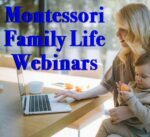
by Sue Fitzpatrick | Adolescence, Early Adolescence (12-15), Empowerment, Imagination, Later Adolescence (15-18), Lower Elementary (6-9), Mathematics, MFA, Montessori Education, Montessori Middle School, Montessori Secondary / High School, Science, Upper Elementary (9-12), Webinars / MFA, Young Adolescent
In this session Sue Fitzpatrick discusses each of the six interconnected components of STEM that in 2016 the US Department of Education described as key to putting the program into classrooms. She gives actual photos and examples of Montessori students in action for each of the components. Participants will go away with lots more information […]
To continue reading, you will need to choose a subscription plan.
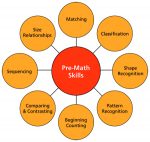
by Michael Dorer, EdD | Kindergarten, Lower Elementary (6-9), Mathematics, Montessori Education, School Leadership, The International Montessori Council, Upper Elementary (9-12)
In the Montessori program, mathematics is introduced to children as a world of wonder. Properly offered by Montessori guides, mathematical concepts should generate great enthusiasm in children. With just a few numbers at their command, children discover mathematical procedures, algorithms, formulas, and geometrical figures. Mathematics also serves our needs when we need to ask: How […]
To continue reading, you will need to choose a subscription plan.
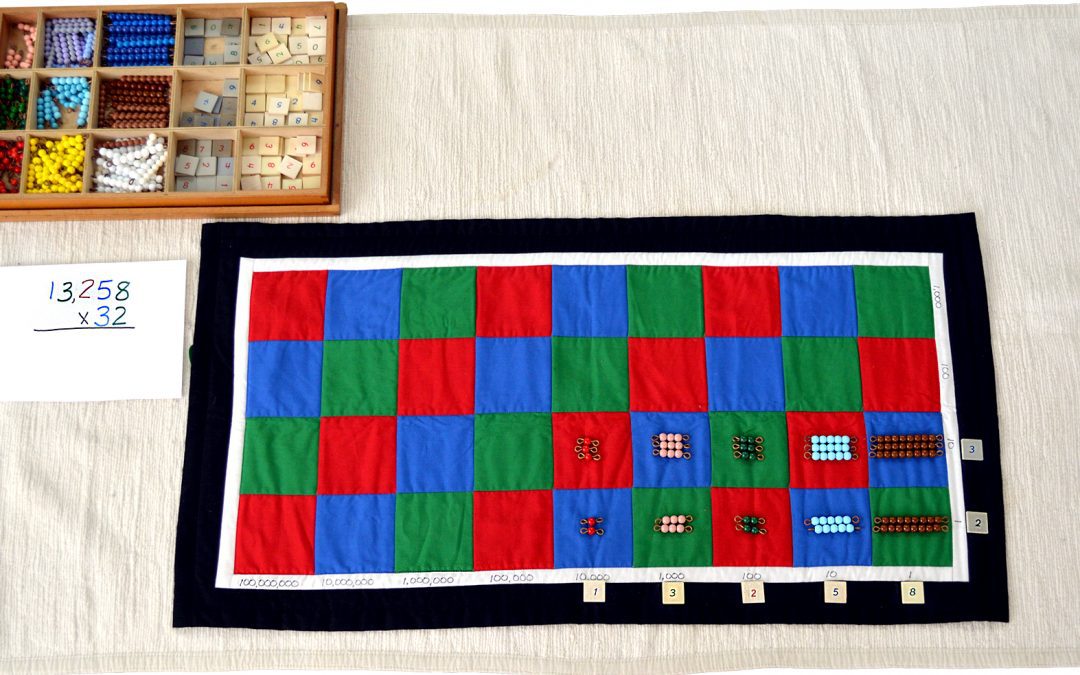
by Tim Seldin | Brain Development, Lower Elementary (6-9), Mathematics, MFA, Mixed Ages, Montessori Education, Tomorrow's Child, Upper Elementary (9-12)
The Multiplication Checkerboard is one of the most popular materials in most elementary Montessori classrooms. The colorful checkerboard materials are a step up the ladder of abstraction in the Montessori math curriculum. Think back to your own years in school. Did you ever really understand what is going on in long-multiplication? Oh, you probably memorized your multiplication tables [like […]
To continue reading, you will need to choose a subscription plan.

by Jackie Grundberg | Computers in the Classroom, Imagination, Kindergarten, Lower Elementary (6-9), Mathematics, Montessori Parenting, Primary (3-6), Research, Science, Upper Elementary (9-12), Webinars / MFA
Do you ever question or are asked, “How do STEM and Montessori overlap?” or “Should I choose a STEM or Montessori school for my child?” We’ll take a look at how Montessori incorporates STEM philosophy, and what you can do next.
To continue reading, you will need to choose a subscription plan.

by Cheryl Allen | Early Adolescence (12-15), Family Resources, Imagination, Kindergarten, Language & Reading, Lower Elementary (6-9), Mathematics, MFA, Montessori Family Life, Montessori Parenting, Practical Life, Primary (3-6), Reading, Upper Elementary (9-12), Video, Webinars / MFA, Writing
Are you wondering how to keep your child not only busy during the summer months when school is out, but also keep her learning? Are you worried that if your child is not enrolled in a summer program called “Little Genius’s” or the Center for Brighter Children that your child will be behind when he […]
To continue reading, you will need to choose a subscription plan.
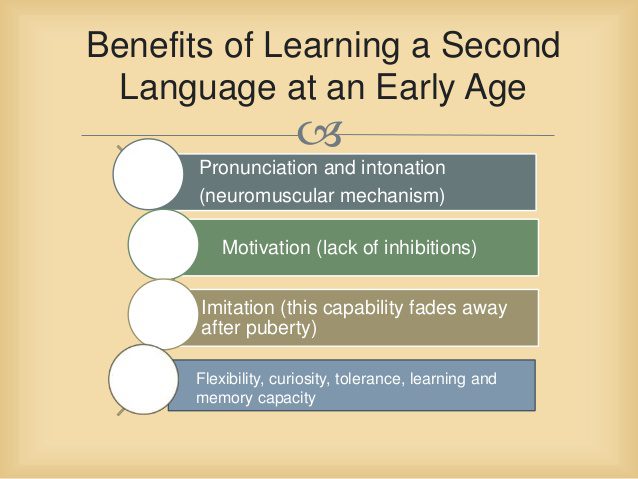
by Tim Seldin | Brain Development, Early Adolescence (12-15), Infant-Toddler (0 to 3), Kindergarten, Language, Language & Reading, Later Adolescence (15-18), Lower Elementary (6-9), Mathematics, MFA, Montessori Curriculum, Montessori Education, Montessori Family Life, Montessori Middle School, Montessori Secondary / High School, Primary (3-6), Reading, School Leadership, The International Montessori Council, Young Adolescent
by M. J. Rosanova, Ph.D. The Montessori Bilingual Institute (MOBI) The children are playing outside. I can hear them outside my window. They’re singing and calling out to each other in Japanese. No, our school isn’t located in Japan. InterCultura Montessori is located in Oak Park, Illinois, a suburb of […]
To continue reading, you will need to choose a subscription plan.
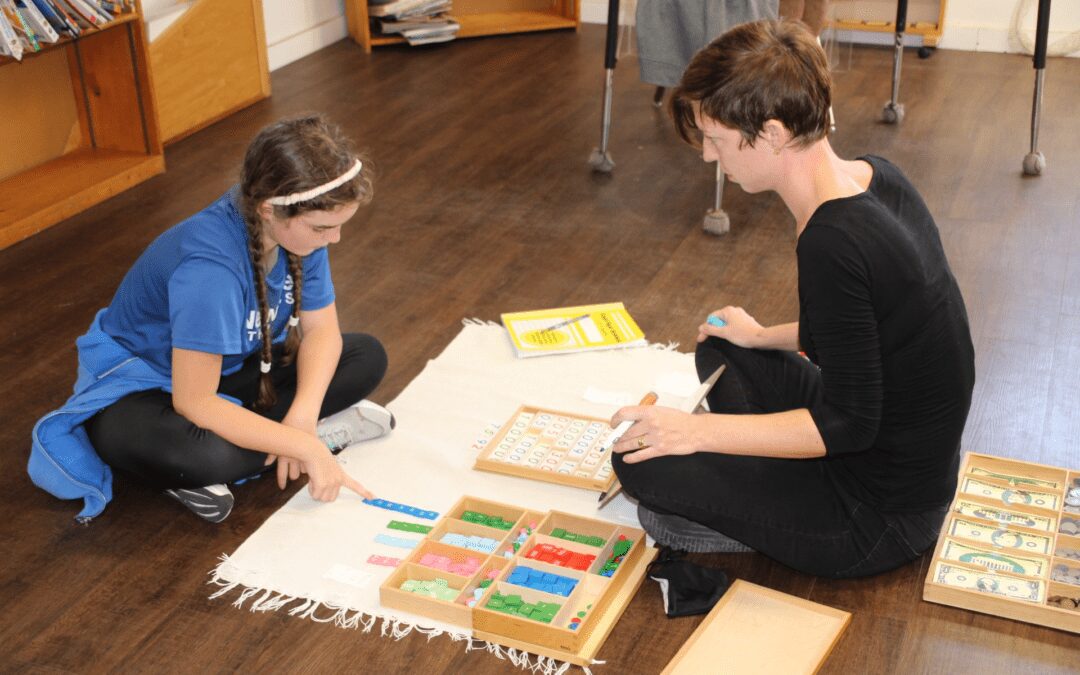
by Tim Seldin | Archived Issues / Tomorrow's Child, Children with Exceptionalities, Emotional Intelligence (EQ), Executive Functioning, Language & Reading, Mathematics, MFA, Montessori Curriculum, Montessori Education, Montessori students, Peace Education, Re-enrollment, Reading, Science, Sensitive Periods, Tomorrow's Child, Writing
To inspire academic excellence; nurture curiosity, creativity, and imagination; and awaken the human spirit As children near the end of their kindergarten year in Montessori, many parents struggle with the question of whether or not to keep their children in...

















